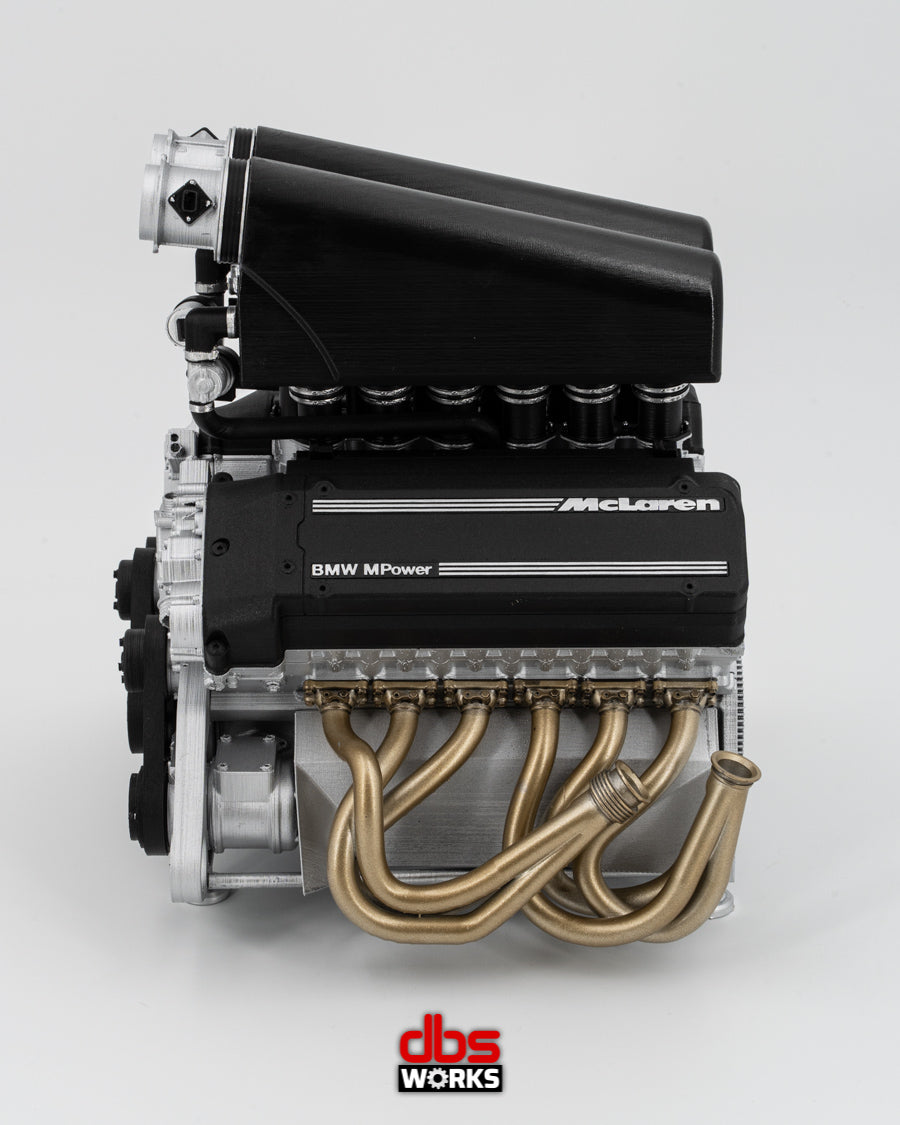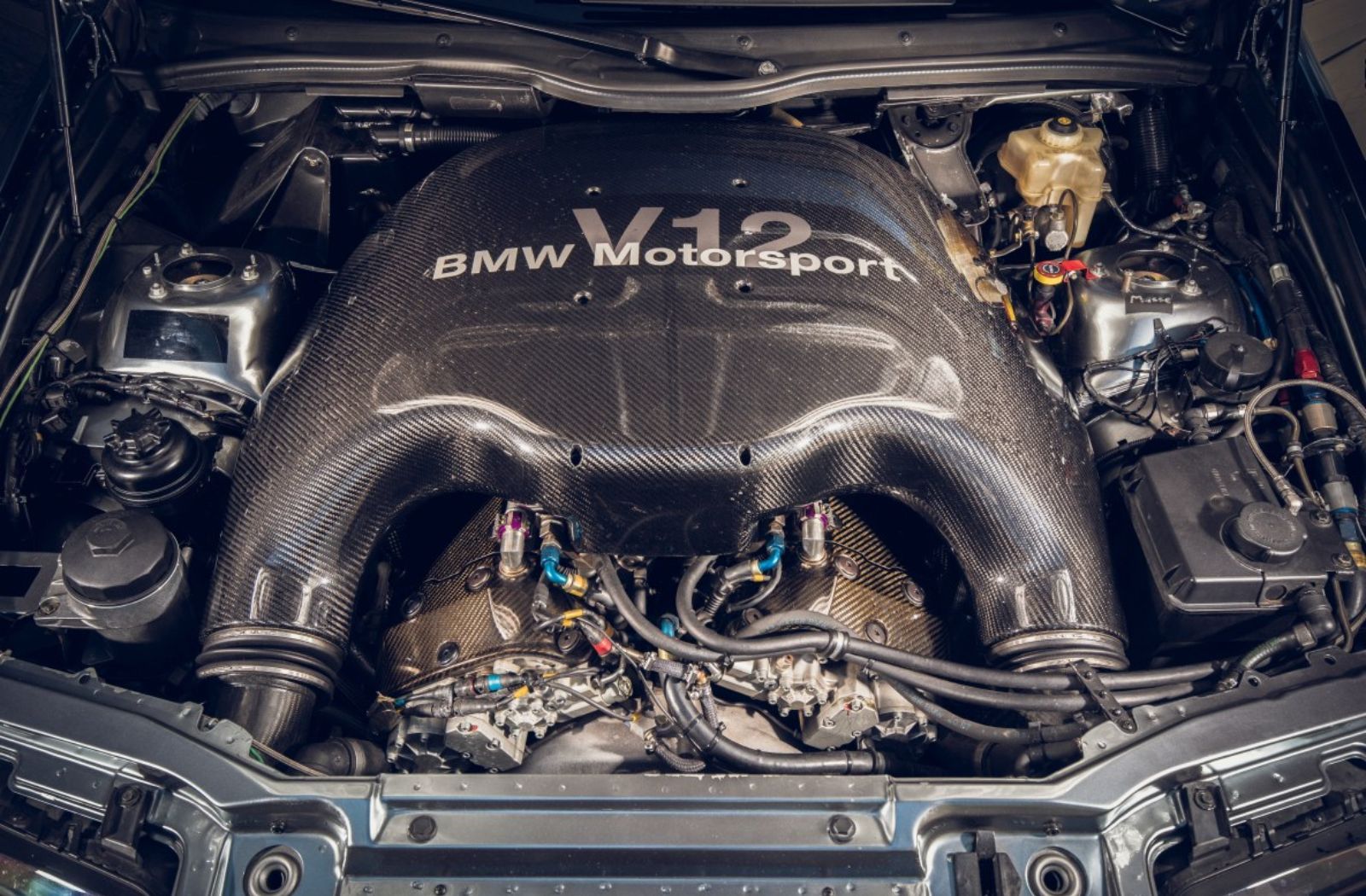Leading 5 BMW Engine Technologies Reinventing the Automotive Market
Leading 5 BMW Engine Technologies Reinventing the Automotive Market
Blog Article
Unveiling the Intricacies of Next-Generation Power Units: a Deep Dive Into Advanced Engine Innovations and layouts
In the world of automotive design, the unrelenting pursuit of efficiency, effectiveness, and sustainability has actually driven the development of power devices to extraordinary elevations. As we base on the precipice of a new era in transport, the details of next-generation engine layouts beckon us to explore the cutting-edge modern technologies and advancements that guarantee to redefine the driving experience. From advanced products that press the limits of sturdiness and weight reduction to innovative turbocharging and turbo charging systems that elevate power result to brand-new levels, each part of these power systems holds an essential to unlocking the future of auto engineering. Delving much deeper into the realms of exhaust control, intelligent engine monitoring systems, and the perspective of power unit growth, we find ourselves on the cusp of a change that promises to improve the landscape of mobility as we understand it.
Evolution of Engine Materials

The shift towards progressed engine products has actually additionally enabled engineers to develop engines with higher power outcomes while keeping gas efficiency standards. The usage of light-weight products lowers the total weight of the engine, leading to improved fuel economy and lower emissions. Furthermore, improvements in products technology have actually enabled far better thermal administration within engines, leading to enhanced dependability and durability.
Turbocharging and Supercharging Technologies
Exactly How do Turbocharging and Supercharging Technologies transform engine performance and efficiency in modern lorries? Supercharging and turbocharging are technologies that dramatically improve engine performance by raising the amount of air consumption into the combustion chamber. Turbocharging accomplishes this by utilizing a generator driven by exhaust gases to pressurize the intake air, while turbo charging utilizes a belt- or chain-driven compressor to accomplish the very same impact.
These technologies allow smaller, a lot more fuel-efficient engines to produce power equal to larger ones, recognized as downsizing. By requiring even more air into the cyndrical tubes, turbocharging and supercharging improve burning efficiency, leading to increased horsepower and torque result without a significant boost in engine size. This results in far better acceleration, pulling capacity, and overall driving efficiency.
Moreover, turbocharging and turbo charging contribute to enhanced gas efficiency by enabling the usage of smaller engines that take in much less gas under normal driving conditions - bmw engine. This mix of boosted performance and effectiveness has actually made turbocharging and turbo charging essential elements of several modern engine designs
Discharge Control and Environmental Effect
With raising global issues relating to air top quality and ecological sustainability, the implementation of emission control innovations in automobiles plays an essential role in decreasing dangerous toxins released into the ambience. Modern lorries are geared up with innovative emission control systems that aid reduce the ecological influence click to find out more of auto procedures. Catalytic converters, for example, are made to transform poisonous gases such as carbon monoxide gas, nitrogen oxides, and hydrocarbons right into much less unsafe materials like co2 and water vapor.
Moreover, innovations in engine modern technology, such as the combination of exhaust gas recirculation systems and careful catalytic reduction, have significantly added to decreasing exhausts. These innovations work in tandem to optimize burning effectiveness and reduce the release of harmful toxins right into the air. Furthermore, the development of crossbreed and electrical cars represents a critical action towards reducing the total ecological footprint of the transport market.
Intelligent Engine Management Equipment

Furthermore, these systems make it possible for automobiles to meet rigorous discharges standards without endangering performance, providing an extra ecologically pleasant driving experience. The combination of expert system and artificial intelligence capabilities in engine administration systems proceeds to push the borders of what is possible, causing more improvements in performance, reliability, and general lorry performance. bmw engine. As auto technology breakthroughs, intelligent engine administration systems will certainly play an important role in shaping the future of transport towards a more sustainable and efficient instructions
Future Trends in Power Unit Advancement
As smart engine monitoring systems lead the way for improved control and optimization in contemporary lorries, future trends in power unit advancement are poised to redefine the landscape of vehicle propulsion modern technologies. Among the key trends driving advancement in power system growth is the change in the direction of electrification. With an increasing concentrate on sustainability and decreasing carbon discharges, hybrid and electric powertrains are ending up being a lot more widespread in the auto sector. These different power resources supply boosted performance and efficiency while straightening with rigorous ecological guidelines.
One more considerable trend is the assimilation of innovative materials and manufacturing strategies. Light-weight materials such as carbon fiber and aluminum are being made use of to reduce total vehicle weight, improving fuel effectiveness and efficiency. Additionally, innovations in 3D printing and additive production are enabling the manufacturing of complex engine components with greater precision and resilience.
Furthermore, fabricated knowledge and artificial intelligence are playing a vital role in maximizing power system efficiency. These innovations enable real-time tracking and flexible control, resulting in more effective and dependable power delivery. Generally, future trends in power system growth are geared in the direction of performance, sustainability, and performance, driving the automobile market in the direction of a new age of propulsion modern technologies.

Conclusion
In verdict, the developments in engine products, turbocharging, discharge control, and smart management systems have actually led the way for next-generation power units. These advancements have not only enhanced efficiency and efficiency yet also minimized environmental effect. As technology continues to advance, future trends in power device advancement are most likely to concentrate on additional boosting sustainability and optimizing power outcome. The intricate layouts and advancements in modern-day engines showcase the continuous advancement of automobile modern technology.
Discovering the progressive developments in engine products has been essential in enhancing the performance and efficiency of contemporary engines. Over the years, the development of engine materials has played a critical duty in pressing the borders of what engines can attain.The change in the direction of progressed engine visit products has likewise allowed engineers to develop engines with higher power outputs while maintaining gas performance criteria.The execution of smart engine monitoring systems in modern-day automobiles has actually changed the way engines are managed and enhanced for performance and efficiency. By accumulating information in real-time and assessing it with innovative algorithms, intelligent engine management systems can adjust to driving designs, environmental factors, and engine health to make best use of power result while lessening fuel consumption and exhausts.
Report this page